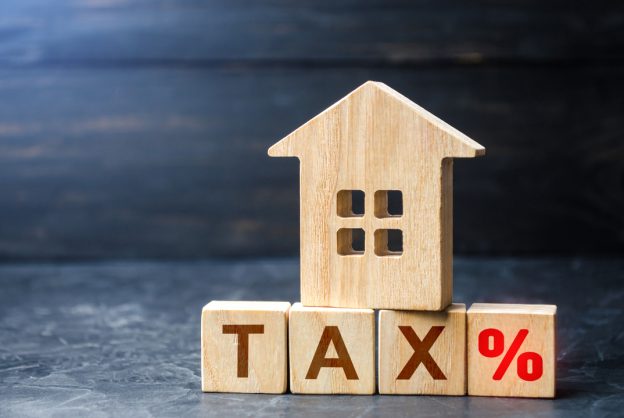
The 2024/2025 tax year has brought with it a change to the capital gains tax allowance also known as the annual exempt amount.
From April 6 2024 the capital gains tax allowance will be £3,000 per person which is a reduction from £6,000 in the previous tax year.
This gives individuals with a chargeable gain (profit) in the 24/25 tax year a £3,000 tax free limit before capital gains tax will be applicable.
Each individual is entitled to one CGT annual allowance which covers all capital gains made within a tax year.
It is important to note that the capital gains tax allowance cannot be shared with anyone including married couples.
Chancellor Jeremy Hunt announced in the Spring 2024 budget that to assist homeowners who pay income tax above the basic rate a decrease in the capital gains tax rate on the sale of residential properties.
Starting from 6th April 2024 the higher rate of CGT will be reduced from 28% to 24% with the lower rate of CGT for residential property remaining unchanged at 18%.
How much is capital gains tax in the 2024/2025 tax year
Most assets that are subject to taxation have either a 10% or 20% capital gains tax rate depending on your income level in the 2024/2025 tax year.
- If your income falls within the basic rate tax band you should use the 10% CGT rate and if you are a higher or additional rate taxpayer you will be subject to a 20% rate.
- When it comes to chargeable gains from the sale of qualifying residential property the CGT rates differ. Basic rate taxpayers will face an 18% rate while higher (40%) and additional rate taxpayers will have a 24% CGT rate.
- If you have owned a trading business for at least two years and are considering selling either the entire business or a portion of it, you may be eligible for business asset disposal relief (BADR) which has a rate of 10%.
The “work out your gain .GOV calculator” can assist in determining the amount of capital gains tax you may owe.
Reporting and paying CGT from the 24/25 tax year
If your capital gain exceeds the CGT annual allowance in the 24/25 tax year it is mandatory to report the gain to HMRC and settle any CGT liability within the appropriate deadlines.
There’s a deadline of sixty days from date of disposal for residential property gains and you can either report it in a self assessment tax return or use the ‘real time’ Capital Gains Tax service to report your gain.
Ways to reduce capital gains tax in the 2024/2025 tax year
There are some options worth considering if you want to look at ways to reduce your CGT bill in 2024.
As part of any capital gains tax review it’s worth noting that your tax free personal allowance for the 24/25 tax year is only for taxable income and unaffected by the capital gains tax allowance.
We have listed some ideas to think about if you are thinking about reducing your capital gains tax liability from April 2024:
Selling assets over multiple tax years:
You cannot carry forward any unused allowance from the previous tax year when it comes to capital gains tax but if you choose to sell your assets gradually over multiple years rather than all at once, you may find that the gains fall within the annual allowance and avoid incurring a CGT bill.
Increase your pension contributions:
The level of capital gains tax you owe is connected to your income tax rate.
In circumstances where you have the ability to contribute more towards your pension, you will effectively lower your taxable income.
This could potentially change your tax bracket and subsequently decrease the rate of CGT that you are required to pay.
Individual Savings Accounts (ISAs):
Individual savings accounts or ISA’s offer advantages in terms of capital gains tax with any profits generated within an ISA exempt from tax including CGT.
Any income earned within an ISA is also tax-free, with a maximum limit of £20,000 for the 24/25 tax year. This includes interest earned on savings, dividends received from stocks and shares, and rental income from property held within the ISA.





